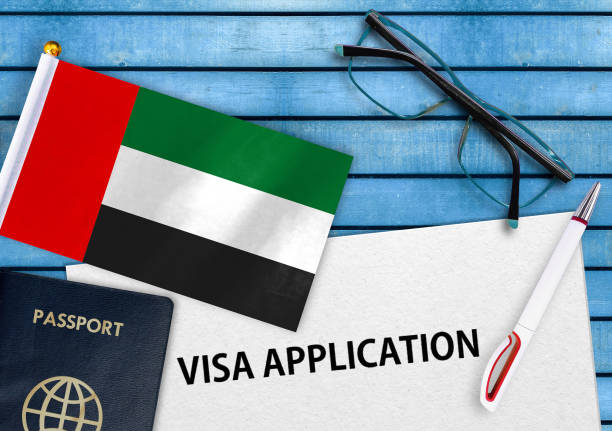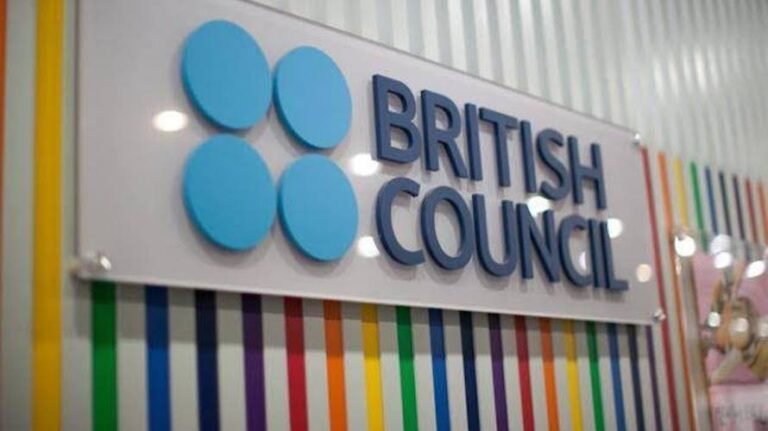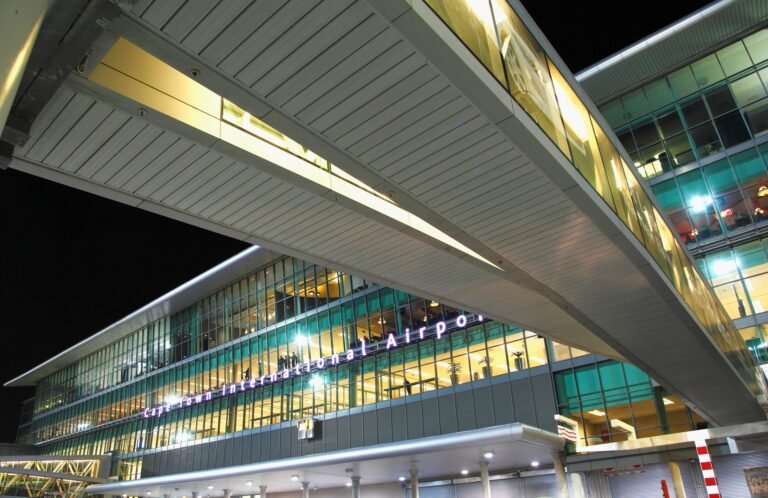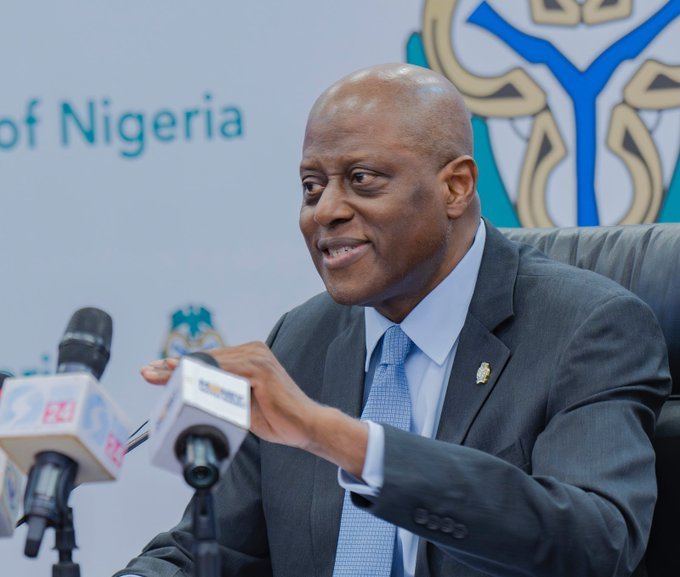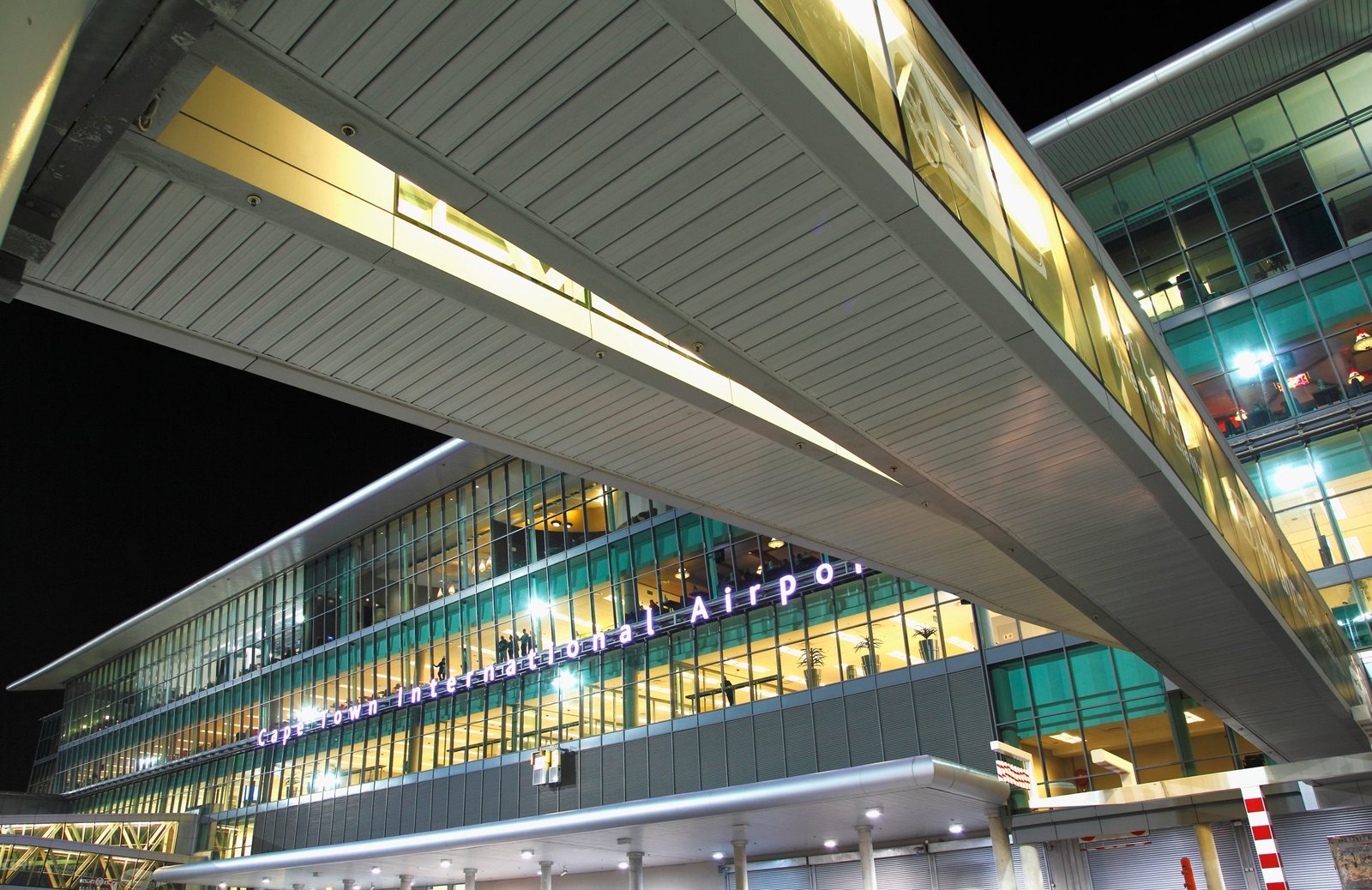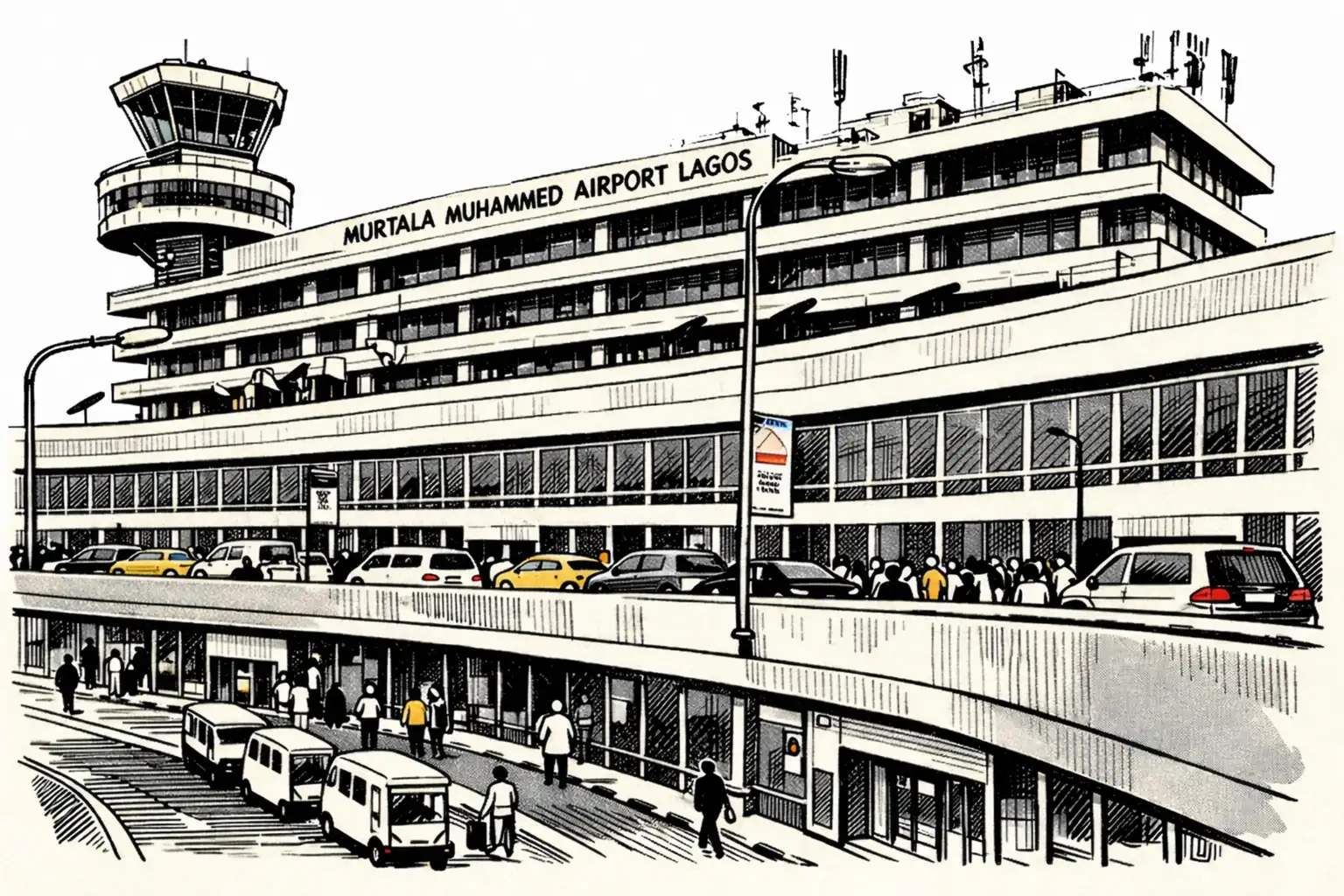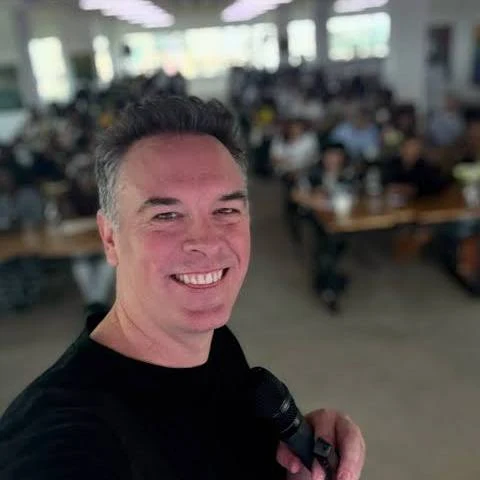The United Arab Emirates (UAE) has rolled out a new golden visa category offering a 10-year renewable residency to individuals who contribute to Islamic humanitarian causes and certified endowments, known as Waqf.
The move underscores the UAE’s commitment to positioning itself as a global hub for philanthropy and sustainable development.
Under the new pathway, both UAE residents and international philanthropists can obtain a decade-long visa by donating a minimum of AED 2 million (about £450,000) to a certified Waqf or humanitarian project.
Also Read:
- UAE Golden Visa: Content Creators Can Now Secure a 10-Year Residency
- UAE Launches nomination-based Golden Visa program, Offering Lifetime Residency Without Investment
- UAE Unveils Remote Work System for Federal Employees Abroad to Attract Global Talent
- UAE Launches New Blue Visa With 10-Year Residency – Eligibility & Application Guide–…
The initiative aims to attract global benefactors who are eager to blend social responsibility with residency opportunities in the UAE.
Strengthening the Waqf Tradition
Waqf, a cornerstone of Islamic philanthropy, refers to a perpetual charitable endowment, often in the form of property, land, or funds, dedicated to community welfare initiatives such as healthcare, education, and religious services.
In the UAE, these assets are managed sustainably and cannot be sold or inherited, ensuring continuous benefit to society.
The policy, outlined in Cabinet Resolution No. 65 of 2022, extends golden visa eligibility to “financial supporters of humanitarian work.”
It was unveiled through a collaboration between the General Directorate of Residency and Foreigners Affairs in Dubai (GDRFA-Dubai) and the Endowments and Minors Affairs Foundation (Awqaf Dubai) during GITEX Global 2025 at the Dubai World Trade Centre.
A Strategic Move for Global Impact
According to Mohammed Ahmed Al Marri, Director General of GDRFA-Dubai, the partnership represents a “pioneering model of government integration that empowers the endowers to play a vital role in community development.”
The initiative is part of the UAE’s broader strategy to attract global investors, promote sustainable giving, and integrate social responsibility into its national growth agenda.
Ali Mohammed Al Mutawa, Secretary-General of Awqaf Dubai, described the policy as “a natural extension of Dubai’s vision to position endowment work as a key pillar in sustainable development.”
This expansion complements the UAE’s existing golden visa categories, which include investors, doctors, scientists, and entrepreneurs.
Eligibility and Application Process
To qualify, applicants must donate at least AED 2 million to an approved Waqf or humanitarian project, hold a university degree, and secure nomination from Awqaf Dubai or an authorised humanitarian body. Applications can be made through the GDRFA Smart Services portal or any Amer Centre in Dubai.
Following a joint review by GDRFA and Awqaf Dubai, successful applicants receive a 10-year renewable golden visa. The visa allows holders to live, work, and study anywhere in the UAE without a local sponsor, sponsor immediate family members, and retain validity even after spending over six months abroad.
A New Era for Philanthropy in the Gulf
The Waqf-linked golden visa marks a significant evolution in the UAE’s residency system, intertwining faith-based giving with national development goals. Officials believe the move will not only draw charitable capital from across the globe but also enhance Dubai’s reputation as a centre for generosity, tolerance, and global cooperation.
As the world’s humanitarian needs grow, the UAE’s golden visa for philanthropists signals a shift toward long-term, impact-driven giving, one where compassion earns both community legacy and lasting residency.


